Table of Contents
What is Honey?
Honey, a sweet thick liquid made by bees using the nectar of flowers. It is extracted from the hive and bottled directly. Honey use since ancient times as a food and medicine.
It contains high monosaccharides, fructose, glucose, and minerals such as iron, calcium, phosphate, sodium chloride, potassium, and magnesium.
A tsp of honey contains 64 calories, 17.3 grams of sugar, and does not contain fiber, fat, or protein.
Here are some benefits of honey, which modern science has evidenced-based on its historical uses for healing.
12 Surprising Health Benefits of Honey
1. Healing of Wounds and Burns
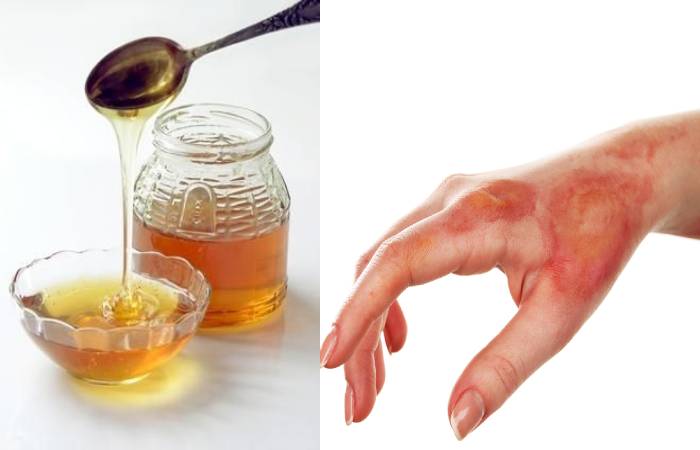
- It is a topical treatment that has been used since ancient times to heal wounds and burns and is still common today.
- Treatment in wound care found that honey is most effective in healing partial-thickness burns and wounds that have become infected after surgery.
- It also claims that honey is an effective treatment for diabetic foot ulcers and serious complications leading to amputation.
- The healing powers of honey come from antibacterial and anti-inflammatory effects and its ability to nourish the surrounding tissue. Additionally, it can help treat other skin conditions, such as psoriasis and herpes lesions.
2. Honey Contains Some Nutrients
- Honey, sweet liquid made by bees. They collect the sugar from the nectar of the flowers. Once inside the hive, they repeatedly consume, digest, and regurgitate the nectar. The end product is honey, which serves as a stored food.
- Nutritionally, 1 tsp of honey (21 grams) contains 64 calories and 17.3 grams of sugar, including fructose, glucose, maltose, and sucrose. Honey does not contain fiber, fat, or protein.
- It also contains trace amounts of vitamins and minerals, but you would have to eat many pounds to meet your daily needs. It stands out is in its content of antioxidants and bioactive plant compounds.
- The research says that darker honey tends to be even higher in these types than lighter compounds. The color, smell, and taste of the collected honey depend on the types of flowers visited by the bees.
3. Good Quality Honey is Rich in Antioxidants
- High-quality honey contains essential antioxidants. It includes organic acids and phenolic compounds like flavonoids.
- The mixture of these compounds gives honey its antioxidant power. Buckwheat honey increases the antioxidant value in the blood.
- Antioxidants link to a lower risk of heart attacks, strokes, and some types of cancer. They can also promote eye health.
4. Honey for Diabetics
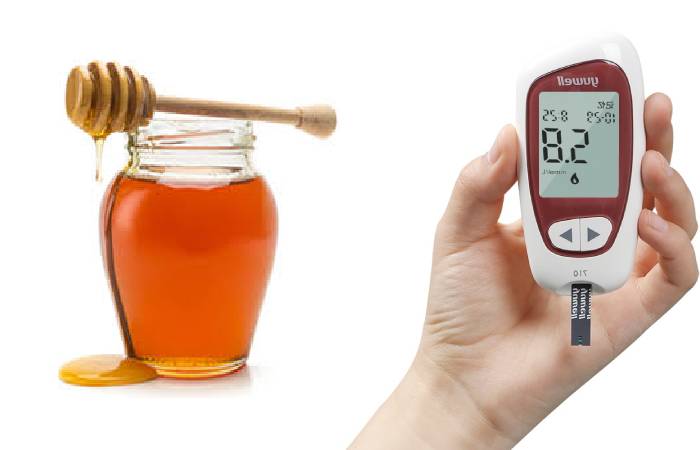
- It can reduce many risk factors for heart disease common in people with type 2 diabetes, such as lousy LDL cholesterol, triglycerides, and inflammation, while increasing the good HDL cholesterol.
- Compared to refined sugar, one study shows that honey can also raise blood sugar levels but significantly lower levels.
- It was slightly better than refined sugar for diabetes people. It should still consume with caution. People with diabetes can manage it better because they cut down on high-carbohydrate foods.
- Be aware that certain types of honey can adulterate with simple syrup. So you must know its origin.
5. Antioxidants may Help Lower Blood Pressure
- High blood pressure is a significant risk factor for heart disease, and it can help reduce it.
- It contains antioxidants that have a link to lower blood pressure.
- Both animals and humans have shown slight reductions in blood pressure due to the consumption of honey.
6. Helps Improve Cholesterol
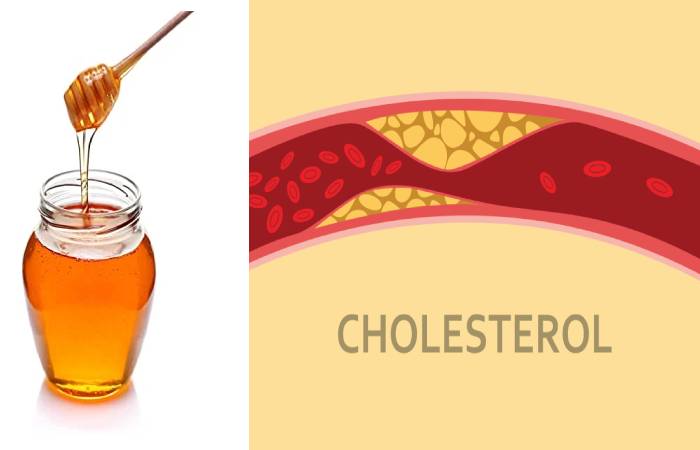
- High levels of LDL cholesterol are a risk factor for heart disease.
- This type of cholesterol plays an essential role in atherosclerosis (fat accumulation in the arteries), leading to heart attacks and strokes.
- It can improve cholesterol levels; by reducing harmful LDL cholesterol and total cholesterol, while significantly increasing good HDL cholesterol.
- A study in 55 patients compared honey to table sugar and found that honey caused a 5.8% reduction in LDL cholesterol and a 3.3% increase in HDL cholesterol. It also produced a modest 1.3% weight loss.
7. Lower Triglycerides
- High triglycerides in the blood are another risk factor for heart disease. They are also associated with insulin resistance, one of the leading promoters of type 2 diabetes.
- These levels tend to increase on a diet high in sugar and refined carbohydrates.
- Several studies have linked regular honey consumption with lower triglycerides, mainly when used as a substitute for sugar.
- The use of it to the sugar found lower triglyceride levels between 11 and 19% in the honey group.
8. Effects on the Heart
- It is a rich source of phenols and other antioxidant compounds, which some studies link to a low risk of heart disease.
- They help the arteries of the heart to dilate, increasing blood flow in the heart. Antioxidants and polyphenols also help prevent the formation of blood clots, avoiding possible heart attacks and strokes.
- Furthermore, a study in rats showed that it protects the heart from oxidative stress. However, there is no long-term human study on it and heart health. The results shown are a good find.
9. Helps Clear Cough in Children
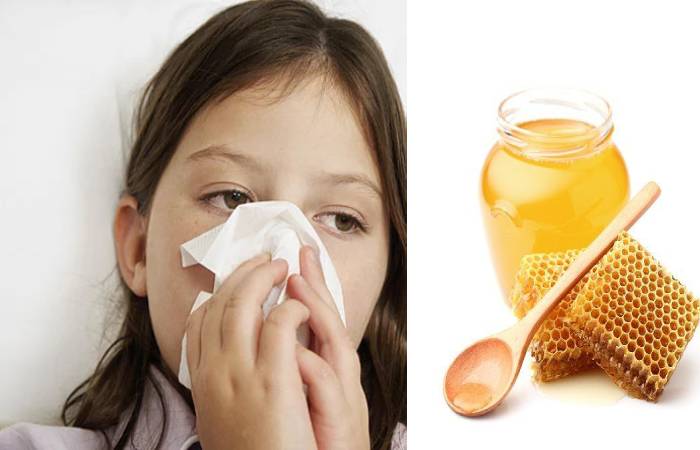
- Respiratory infections accompanied by coughing are a common problem in children. These infections can act on sleep and quality of life in both children and adults.
- Common cough medicines don’t always work and have side effects. It may be a better option, and evidence indicates that it is beneficial.
- It even worked better than two common cough medications, reducing symptoms and improving sleep quality.
- However, it would help if you were especially careful not to give it to children under one year of age due to the risk of botulism.
10. Reduces the Duration of Diarrhea
- According to research on honey, it shows to decrease the severity and duration of diarrhea.
- It also promotes higher potassium and water intake, which is essential when you have diarrhea.
- It has also shown the ability to block the actions of pathogens that commonly cause diarrhea.
11. Prevents Acid Reflux
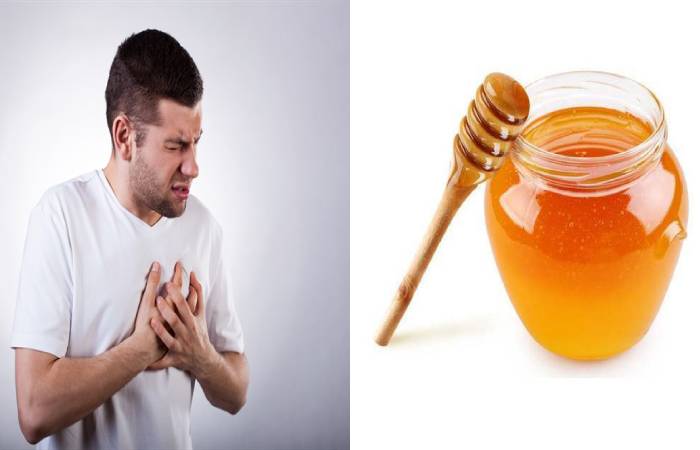
- Research has shown that it can reduce the upward flow of stomach acid and undigested food by lining the esophagus and stomach.
- It has helped reduce the risk of gastroesophageal reflux disease (GERD). GERD can cause inflammation, acid reflux, and heartburn.
12. High Calories and Sugar
- Honey is a delicious and healthy, consume in moderation because it is also high in calories and sugar.
- The benefits of honey are most noticeable when it replaces another unhealthy sweetener.
- It is just another “less bad” sweetener than sugar and corn syrup, containing high fructose content.
- Make sure you choose a high-quality brand, as you can find products that mix with syrup on the market.

